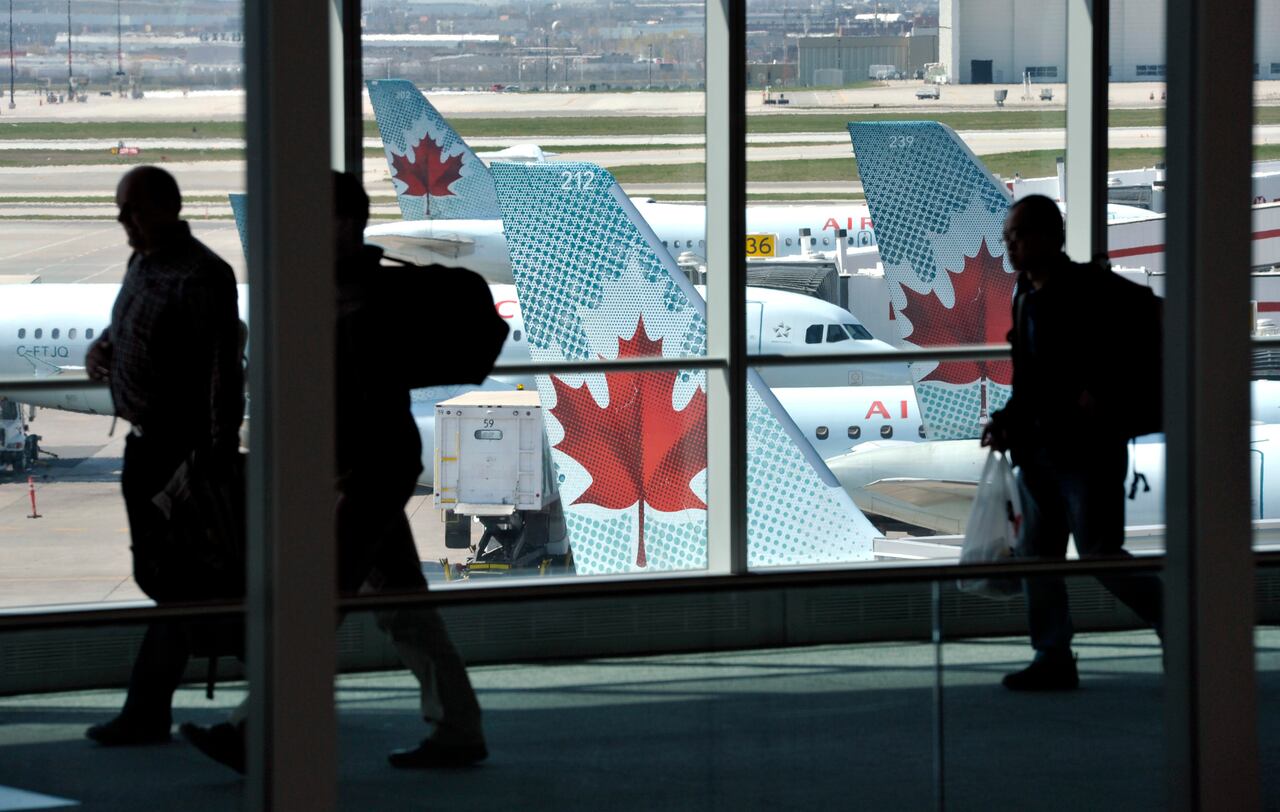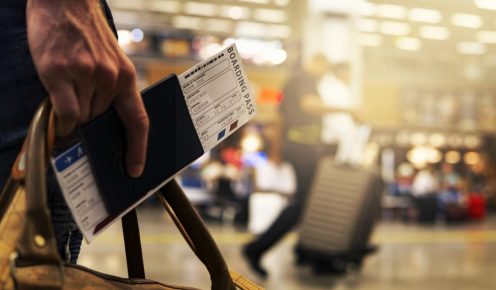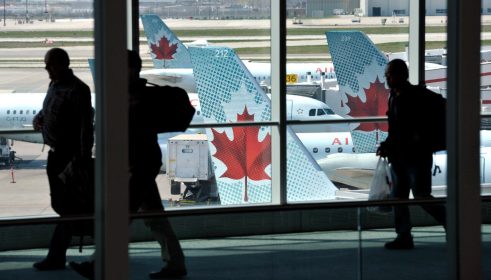Have you ever pondered the reason behind the exorbitant cost of air travel in Canada? Travelers in Canada frequently find themselves perplexed by the exorbitant air travel rates in comparison to other areas.
The high rates are determined by multiple factors, such as exorbitant fees and taxes levied on airlines and airports. The financial load significantly hampers the competitiveness of airfare in Canada in comparison to the United States.
Canadian airports impose significantly higher landing and terminal fees on airlines compared to their counterparts in the United States, with the difference ranging from 35% to 75%. The inclusion of these supplementary costs adds to the overall costly character of air travel inside Canada, posing difficulties for tourists in search of economical flight options.
The financial situation of Canadian airports, together with government charges, has a significant impact on the aviation industry, influencing the travel experience for passengers.
Traversing the Canadian air travel market can often feel like starting on a pricey endeavor, where budget-conscious passengers must devise strategies to overcome the financial obstacles associated with high-priced ticket.
Canadian Government Airport Fees
Canada’s airport fees and taxes have a substantial impact on increasing ticket prices. Canadian airports function as non-profit entities, allocating a significant percentage of their earnings towards debt servicing and government taxes. The airport charges augment the total cost of air travel, hence increasing the expense for travelers to reach their destinations.
When examining the airfare expenses between Canada and the United States, numerous significant distinctions become apparent. An important determinant of the elevated airfare rates in Canada is the existence of supplementary charges and levies imposed on airlines and airports.
The inclusion of these extra expenses can ultimately have an effect on the cost of tickets, resulting in air travel in Canada being less competitive when compared to the pricing system in the United States.
Moreover, the difference in population size and geographical extent between the two countries contributes to variations in airfare. The United States possesses a greater population and a more comprehensive airport network, resulting in heightened rivalry among airlines and perhaps reduced ticket rates for passengers.
Canada’s expansive yet thinly populated terrain poses distinctive obstacles for the aviation sector, leading to elevated operational expenses that might manifest as more expensive tickets for travelers.
Air Travel Within Canada
Recent research has focused on the primary factors contributing to the high cost of air travel in Canada relative to other nations. These studies have identified multiple variables that contribute to the higher prices of air travel in Canada, such as airport fees, taxes, operational expenses, and market dynamics.
A study highlighted that Canada is positioned among the most expensive countries worldwide for air travel, due to a lack of thorough data on the specific breakdown of costs. The study highlighted the substantial influence of fees and taxes levied on airlines and airports, which can affect ticket prices and the overall affordability for travelers.
Essentially, the research findings highlight the intricate interaction of economic, legal, and infrastructural issues that contribute to the perceived high cost of air travel in Canada.
By comparing these data with the aviation situations in other countries, we can better understand the difficulties and possibilities that the Canadian aviation business has in terms of pricing and accessibility.
Flights in Canada are pricier compared to the United States because of higher taxes. The government of Ottawa sees our airports as lucrative sources of revenue. Travelers are facing the burden of high fees and taxes imposed on airlines and airports, resulting in less competitive ticket costs.
In Canada, fuel prices are 158% higher than in the U.S., at a rate of four cents per liter compared to 1.5 cents.
Security fees in Canada are higher than those in the United States. Furthermore, they are also experiencing an upward trend. Effective from May 1, 2024, the cost of a domestic flight in Canada will be $9.94, while an international journey would cost $34.42 for travelers. In the United States, the charge is below $15.30.
High-priced airfares to Canada present numerous obstacles and restrictions that may discourage people from choosing to visit the nation.
Nevertheless, online platforms such as Expedia, United, and Kayak provide discounted offers that can effectively lower the expenses associated with air travel to Canada.
Although cost is an important consideration, the opportunity to discover Canada’s stunning landscapes and lively towns might justify the investment. Therefore, it is advisable to make arrangements in advance, remain vigilant for discounted opportunities, and commence your Canadian expedition without incurring excessive expenses.












